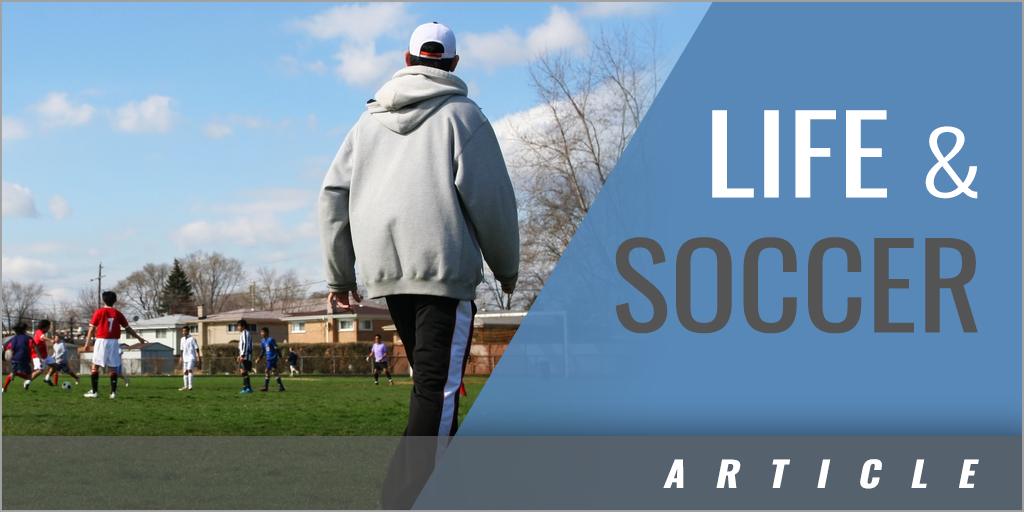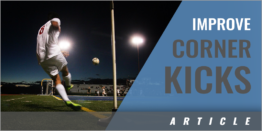|
By: Lucy Wyndham Provided by: Amplified Soccer The road to becoming a pro soccer player is often paved with proper nutrition. It's also rife with unexpected jobs along the way, like how at 15, Papiss Cisse of Alanyaspor was an ambulance driver and Charlie Austin of West Bromwich Albion was a bricklayer when he was 17. Despite humble beginnings, these athletes became exceptional players. So if you're aiming to go pro or even when you're a part-time amateur, it's important to know how any other jobs you might be holding can affect your soccer training and game performances. So how does it? Workplace Injuries and Soccer Training On average, a workplace injury occurs every 7 seconds, according to The National Safety Council. If you experience an injury while working your job, this naturally impedes your ability to perform on the field. Depending on the extent of the injury, you will probably need to spend more time away from physical activities. For example, a bone fracture needs six to eight weeks in order to heal. To avoid having to worry about these, it's good to join employment that won't put you at much risk for injuries like remote work that has workers' compensation. Workers comp makes certain that you're covered for any work-related injuries so you can focus on earning and playing soccer. The Desk Job and Your Body A common misconception that a physically demanding job is more dangerous to your health than a desk job is. However, studies conducted by Fellowes Brands have shown that the average office employee spends around six hours behind their desks. Some established ailments that stem from sitting too long behind a desk include varicose veins, eczema, swollen wrists and ankles, and a permanently bent back. Having these can kill any attempt at a good performance when you're practicing. A good alternative is to choose a job that enables regular yet safe movement like a physical trainer. A job like that gives you a great opportunity to stay fit for the sport that you love and earn - so it's a win-win. Work Stress and Athletic Performance Around 65% of workers reported that workplace stress has caused difficulties in other areas of their life, according to The American Institute of Stress. Stress has an adverse effect on athletic performance by slowing down your fitness progress, throwing your hormones out of balance, and even causing unwanted weight gain. You can take a lot of the work stress out of the equation by choosing one of the least stressful jobs like a medical records technician, massage therapist, yoga instructor. Many of these job options keep leisurely hours, good pay, and do not have a desk to sit behind. The journey toward enjoying a long soccer career - whether amateur or professional - involves finding a balance. So, when it comes to the job or jobs that you hold, it's best to realize that it will have an effect on your performance as a soccer player. Knowing this fact will give you a stronger opportunity to determine parts of your professional life you can alter so that you can improve your soccer games and training performances. |






